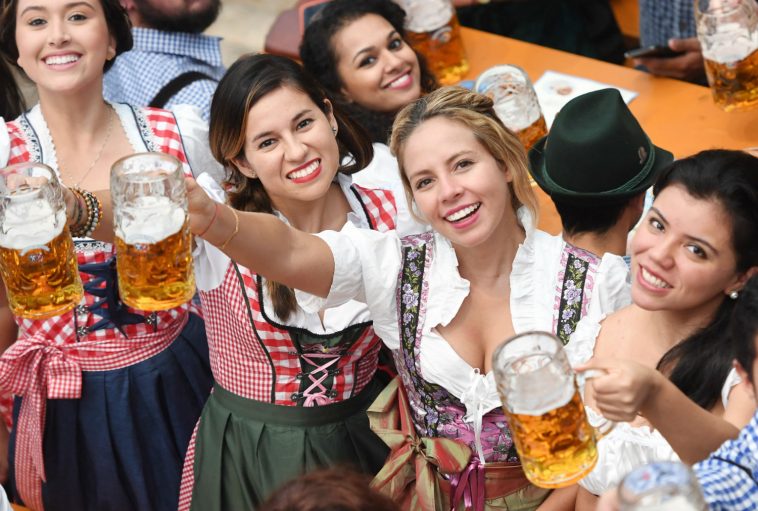Key Takeaways:
- Germans, numbering between 100 and 150 million globally, primarily reside in Germany, but significant populations exist in the USA, Brazil, Canada, Australia, and other countries.
- German identity historically revolved around language, culture, descent, and history, with the German language as a key marker.
- The ethnic group’s origins trace back to the 10th century, with significant expansion and migration throughout history, notably during the Holy Roman Empire and later German empires.
- Post-World War I, many Germans became minorities in new countries, and World War II saw the horrific Nazi regime and Holocaust, reshaping German identity and leading to Germany’s division and eventual reunification in 1990.
- German culture is diverse, with strong regional identities, a rich history in arts and sciences, and festivals like Oktoberfest. Christianity predominates, but secularism and other religions are present.
Ah, the story of the Germans, a tale as rich and intricate as a tapestry woven through time. Picture this: from the bustling streets of Berlin to the serene valleys of Bavaria, a people tied by a common language and a vibrant cultural heritage.
The Roots: A Journey Through Time
Our story begins in the misty corridors of the past, with the ancient Germanic tribes. Picture rugged warriors and wise chieftains, their tales lost to time, but their legacy echoing through history. The Romans came, saw, and were often confounded by these tenacious folks. Remember the Battle of the Teutoburg Forest in 9 AD? Ah, what a twist in history’s tale that was!
The Middle Ages: A Kaleidoscope of Kingdoms
Fast forward to the Middle Ages. The stage is now the Holy Roman Empire, a patchwork quilt of duchies and principalities. It’s a time of knights and minstrels, of castles perched atop craggy hills. This era saw the rise of the German language and culture, as diverse as the landscapes from which they sprang.
Modern Era: Of Empires and Ideologies
Now, let’s step into the modern age. Ah, the drama unfolds with the rise and fall of empires. The 19th century whispers of a new German nationalism, culminating in the formation of a united Germany in 1871. But, as history often does, it took a dark turn with the World Wars. The aftermath of these conflicts reshaped not just borders but the very soul of what it meant to be German.
Culture: The Rich Tapestry
But what about the heart of German life? Imagine quaint villages celebrating Oktoberfest, the air filled with the aroma of sizzling bratwurst and the sound of clinking beer steins. The Germans, you see, are not just a people, but a vibrant culture. From the haunting melodies of Beethoven to the philosophical musings of Kant, they have enriched the world in myriad ways.
Today: A New Chapter
Today, Germany stands as a beacon of progress and stability in the heart of Europe. Its journey, marked by triumphs and tragedies, is a testament to the resilience and dynamism of its people. The German spirit, much like the mighty Rhine, continues to flow, unwavering and proud.
Frequently Asked Questions
- What defines German identity?
German identity has historically been centered around language, culture, and shared history. Today, it also incorporates a commitment to democratic values and remembrance of historical events like the Holocaust. - How many Germans are there worldwide?
Estimates suggest there are between 100 to 150 million people of German descent worldwide, with the majority residing in Germany. - What is the significance of the German language to German identity?
The German language is a key marker of German ethnic identity, serving as a unifying factor for Germans worldwide. - How did World War II impact German identity?
World War II and the Holocaust had a profound impact on German identity, leading to introspection, a rejection of nationalism, and an emphasis on democratic values and human rights. - What are some key aspects of German culture?
German culture is known for its rich literary, musical, and philosophical heritage, diverse regional traditions, festivals like Oktoberfest, and contributions to science and technology.





